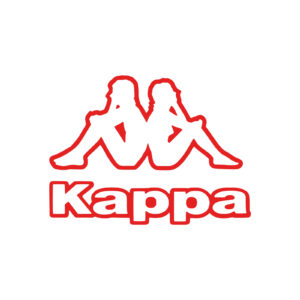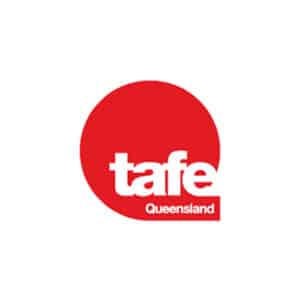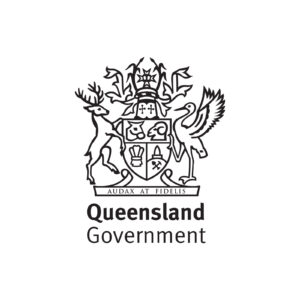In the first instalment of a series of articles to celebrate Female Football Week, Football Queensland focuses on Brisbane Roar W-League premiership winning head coach, Melissa Andreatta, and her journey from netballer to footballer.
By Maise Cunningham
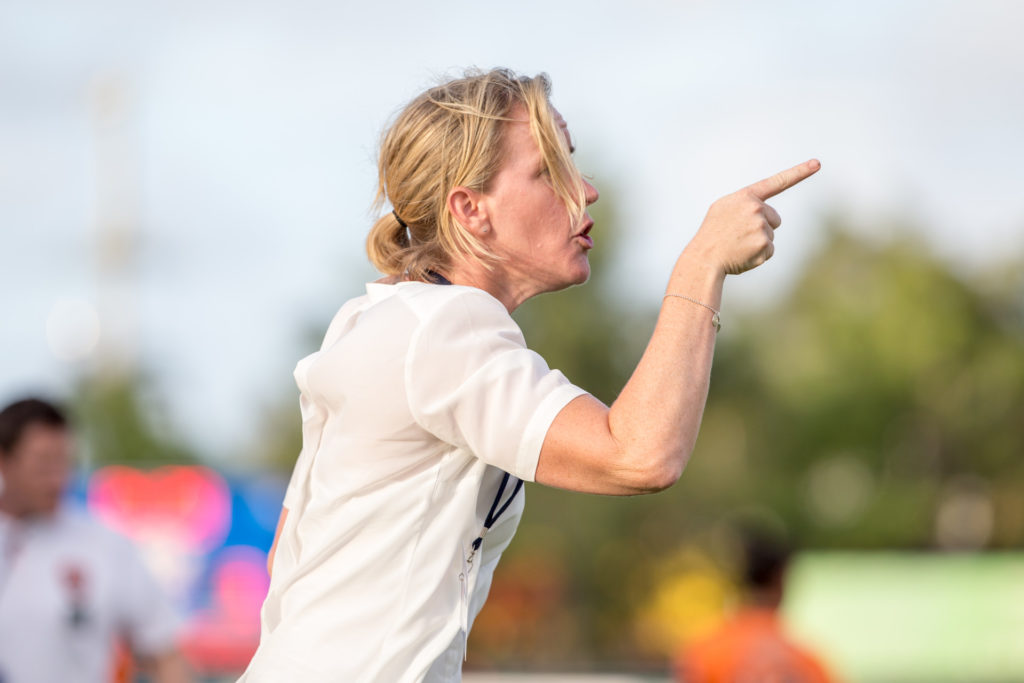
At 12, primary school sports captain Mel Andreatta stood before her peers at their graduation ceremony and announced her career aspiration: to be an Olympian. The head coach of Brisbane Roar’s W-League team now laughs at the memory, realising half of her fellow students probably echoed the same sentiment. Fast forward 27 years and Andreatta, alongside the Matildas at the 2016 Rio Olympics, has achieved that dream… and then some.
Andreatta’s journey to a successful football career began due to an unlikely Futsal fanatic: her high school mathematics teacher. When the school goalkeeper stepped down due to an injury, Andreatta became her replacement.
“I, at the time, was a state netballer… He [the teacher] knew I was good with my hands, so he threw me into goals,” Andreatta explains. “I kind of really liked it.”
After developing an appreciation of the game and graduating high school, Andreatta joined the Brisbane-based Taringa Rovers. While she injured her ACL within the first 12 months, her determination could not be as easily severed.
“The game itself sparked something in me, but then the passion of those around it really led me to want to be involved for longer,” Andreatta says.
Once she recovered, Andreatta joined The Gap FC and attributes much of her attitude towards the game to the club.
“That’s when my interest, my passion, my commitment to the game went to a whole new level, because it’s a club that really fosters those values,” she says.
In her late 20s, now a qualified teacher, Andreatta naturally moved into a coaching role with The Gap women’s team. She quickly navigated her way through the representative pathway before securing a position assisting the Brisbane Roar squad with then head coach Jeff Hopkins. Despite transitioning with relative ease, Andreatta recognises the changes she had to make to her approach to football.
“You’ve gotta take a broader picture of the game and your role within it, rather than just you as the player,” Andreatta says. “You’re thinking about your players, your staff, how we need to improve as a group and, to do that, how each player needs to improve.”
Sometimes having a broader perspective means acknowledging your limits.
“When I was a young coach, if we lost, I was still thinking like a player. I was thinking ‘I should have done more of this in training, I should have helped them this way, or maybe at half time I could have said this,’ and I would stew on it all night,” Andreatta says.
“Now, being a bit older and with a family, you know you’re prepared and you did your best and just sometimes your best isn’t good enough, and you’ve just gotta wake up the next day and be better.”
Luckily, on top of her personal support network, Andreatta also identifies the wider Brisbane football community as integral to strengthening her coaching ability.
“It’s great here in Brisbane. There is a strong network of coaches who regularly talk and share ideas about methods and tactics,” Andreatta says. “Any coach has a real interest in learning because you are trained to impart knowledge to players. Investing in their development and their progress as players is key because it’s them who brings your style of play to life.”
Despite Brisbane Roar being pipped to the post by Melbourne City in the semi-finals last season – an event Andreatta refers to as a “small hiccup” – the team secured their third Premiership with “flying colours”. When asked about the greatest achievement of her football career to date, Andreatta hesitates before asking, “Only one?”
“As a coach, I definitely have to say when that whistle went against Canberra and we had secured the Premier’s Plate,” Andreatta reminisces. “That result highlighted the stability and consistency we wanted to create in our environment following season nine.
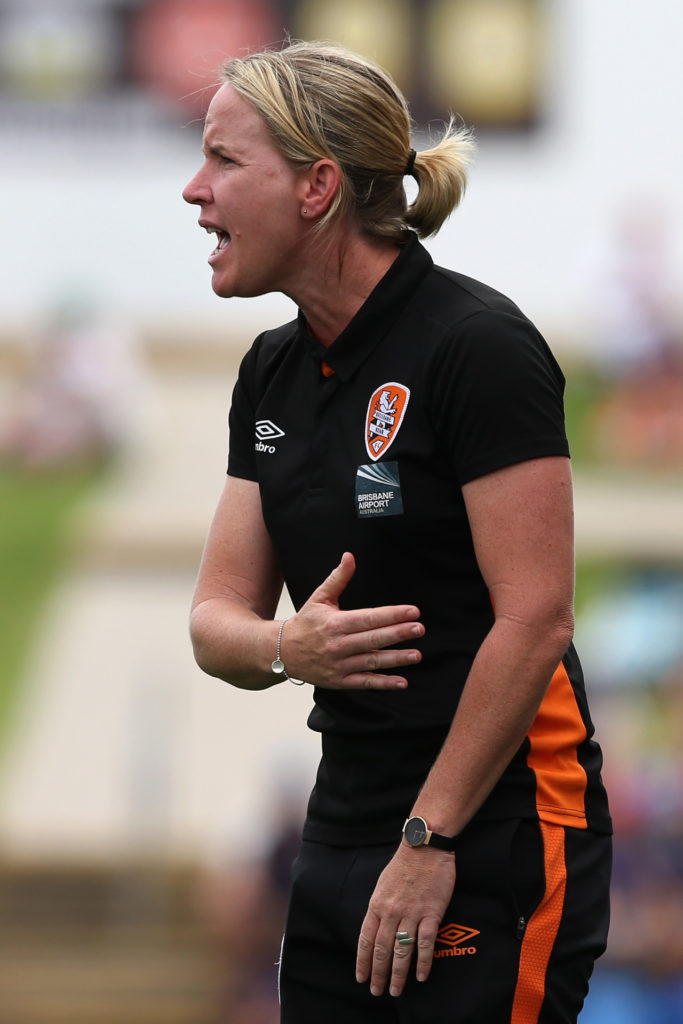
“That team is special. Those players, I love them. And to do it at home, in front of a city that I love, I don’t know if anything can get better than that…”
She pauses, then laughs.
“A home Grand Final. Winning that too would make that better.”
Besides having her eyes firmly on the Championship for the Brisbane Roar’s next season, and assisting the Matildas as part of the FFA Female Coach Mentor Program, what other challenges does the future hold for Andreatta?
“Going forward, [there is] the constant challenge of lessening the gap between the men’s and women’s game,” Andreatta says. “Being a part of that and contributing to the growth of the game is a challenge, but one I want to be a part of.”
Andreatta points to discrepancies in working conditions, salaries, exposure and competition structure as the key issues that need to be tackled for Australian female footballers. However, she recognises that progress has been made, acknowledging such initiatives as the Collective Bargaining Agreement (CBA).
“There’s more interest in the W-League and there’s been more growth in the support for the league and the teams within the league and the players,” Andreatta says. “The key stakeholders will continue to work hard to find those strategies that work in our country to bring our game up to the same level as the men’s game.
“There are times you feel, like, ‘What’s the point?’ But, for me… it comes down to passion. You find ways to contribute and give back to the game to make it better… and better the opportunities for the females of the future, because to walk away is not a viable solution.
“Whatever happens in the future will happen. I’ll just take each day, or each season, as it comes.”


